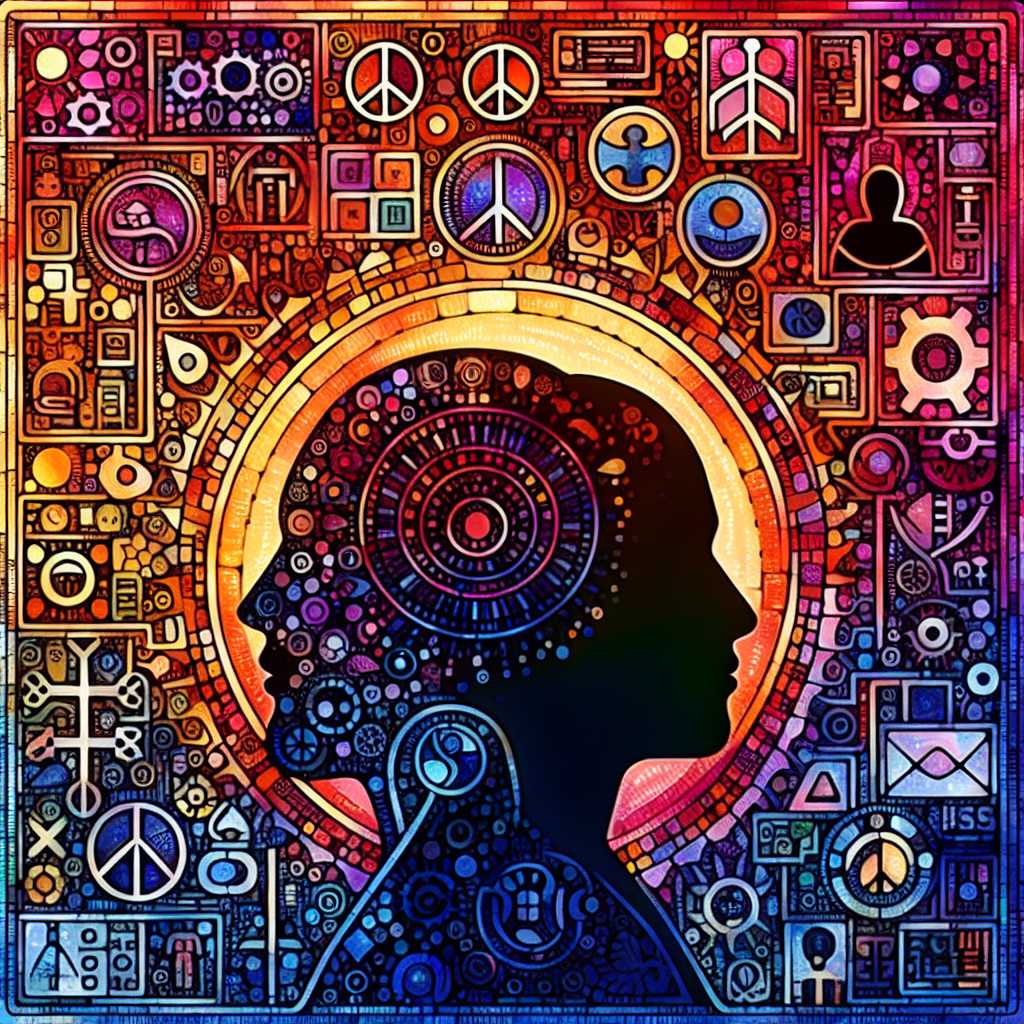The Instigators: A Framework for Analyzing Agents of Change in Society
In the context of social evolution and historical shifts, “The Instigators” refers to individuals or groups that act as catalysts for change. These are entities that meticulously or impulsively nudge systems—be it political, socio-economic, or cultural—altering the established order and often setting into motion a sequence of revolutionary changes. This article seeks to examine who these instigators are, what they represent in the annals of history, and their role in shaping the future. Due to the vast scope of the topic, this piece will touch on a few remarkable instances from past to present charts of instigators in various sectors.
Historical Background of Social and Political Instigators
One cannot discuss instigators without reflecting on historical figures who have dramatically shifted the paradigms of their time. Consider, for example, figures like Martin Luther King Jr., whose advocacy and leadership in the Civil Rights Movement during the 1950s and ’60s were pivotal to dismantling legal segregation in the United States. Another person to think of is Mahatma Gandhi’s role as an instigator in India, where his adoption of non-violent protest advanced India’s path towards independence from British rule.
Financial Mavericks as Modern-Day Instigators
In more recent times and with a shift towards economics, instigators have taken the form of financial innovators and disruptors. Figures such as Elon Musk or companies like Amazon have overturned traditional industry models, with electrification of vehicles or revolutionizing retail respectively. These modern-day anarchists have demonstrated how boundary-pushing can catalyze widespread adoption of new economic frameworks or technologies.
Cultural Instigators Altering Societal Norms
Beyond the realms of politics and business, cultural instigators foster changes in public perception and practices. Trends in music, fashion, entertainment, and even consumer technology carry significant clout. For instance, movements such as #MeToo have brought conversations about sexual harassment to the forefront, fostering global conversations and policy shifts regarding gender relations and individual accountability.
Technology’s Role in Empowering Instigators
The advent of the Internet and social media has also bred a new cadre of virtual agitators who can sway public opinion or champion causes through digital infiltration—an aspect practically unknown just a few decades ago. The role of whistleblowers and organizations like WikiLeaks can be observed too as these bodies often release sensitive information that can trigger political action or awareness among the masses.
Notable Examples from History to Present Days
Further diving into specific examples sheds light on some iconic faces and movements noteworthy for their instigation:
– The Suffragettes protested for women’s votes in the early 20th century.
– The dissident narrative played by figures like Edward Snowden or Julian Assange.
– The rapid technology disruption by Google or Apple altering how society operates.
– Social media uprisings such as the Arab Spring demonstrate the power of digital platforms in instigating socio-political changes.
Controversies Around Acts of Instigation
It’s essential to acknowledge that not all acts of instigation are met with universal approval or lead to universally positive outcomes. Proponents argue that turbulent change is often necessary for societal progress; detractors caution against destabilization that can come from aggressively challenging the status quo. Moreover, the legitimacy of certain so-called instigators can be contested when their motivations are obscured or outcomes engender more harm than good.
Future Perspectives on Instigation
As society moves forward, instigators—whether individuals, movements, technology, or phenomena—will continue to prompt debates on ethics, regulations, and morality concerning their actions. It reminds us that change is constant but introduces variability regarding what kind of legacy these agitators leave.
